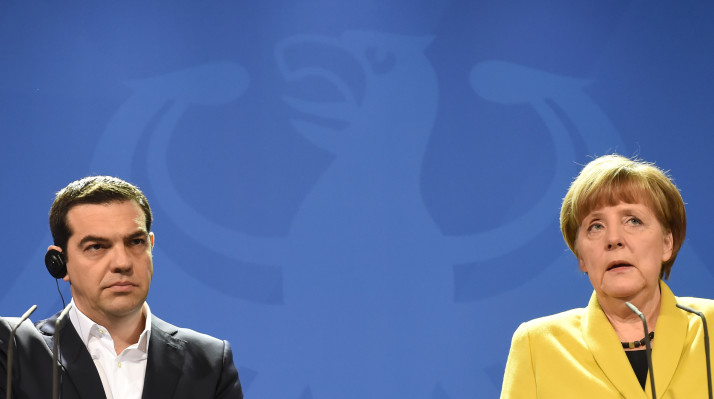Alternate title: #Gruster#$%k. My most recent piece from Ricochet on Syriza’s proposed austerity package.
There is acrimony and division in Athens, after the Syriza government submitted a revised list of proposals to its creditors. Despite a resounding victory in last Sunday’s referendum for Oxi — the “no” vote rejecting creditor demands that Greece fall in line — the government has presented austerity measures that exceed those previously on the table.
Despite dissension within the ranks of Syriza, the Greek parliament approved the government’s proposals in a bitter debate and vote that stretched into early Saturday morning.
The proposal now includes €13 billion in measures over three years rather than €8 billion over two. In short, it is a terrible austerity package. It enforces consecutive primary surpluses (calculated as Greece’s budget balance minus debt servicing payments) on a depressed economy, cutting expenditures on transfers like pensions and raising taxes.
In contrast to previous proposals and memorandums, the current proposal somewhat moderates the intense class bias of austerity measures. More of them are directed towards the rich in the form of small corporate tax hikes, a more progressive income tax, and cuts to spending on military contracts. All this, however, is far too little to talk about in any serious way. After so many “last chances” at the level of official negotiations, punitive austerity appears to be the edge of possibility in Europe today.
To say this shows the bounds of a neoliberal, technocratic Europe sounds a little hollow by now. Yes, a split has finally appeared between the creditors — France helped Greece draft its proposals, which Germany sees as insufficient — but if the political choice in Europe is between François Hollande’s technocrats and Angela Merkel’s, then it is the slimmest of margins to be toying with.



